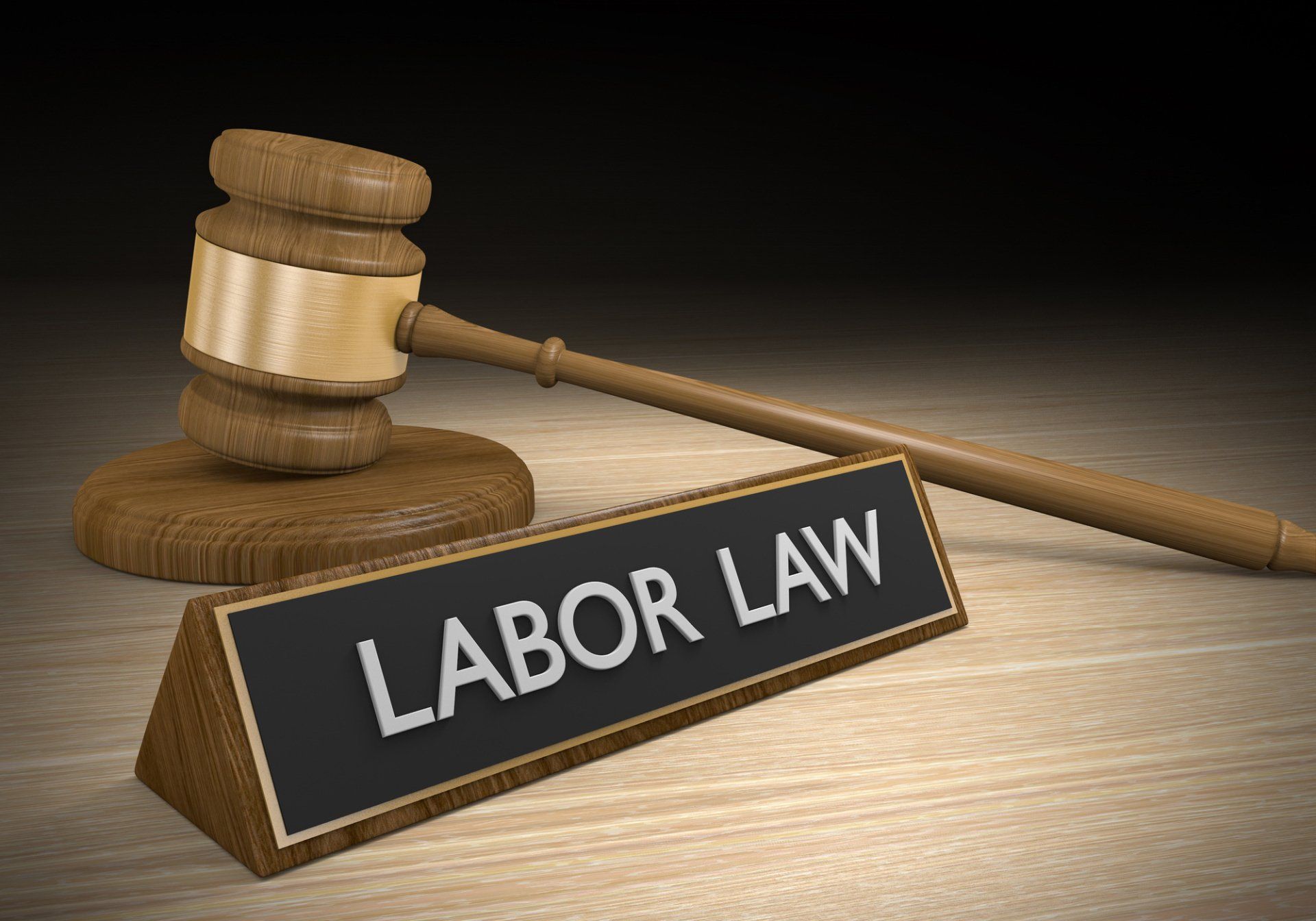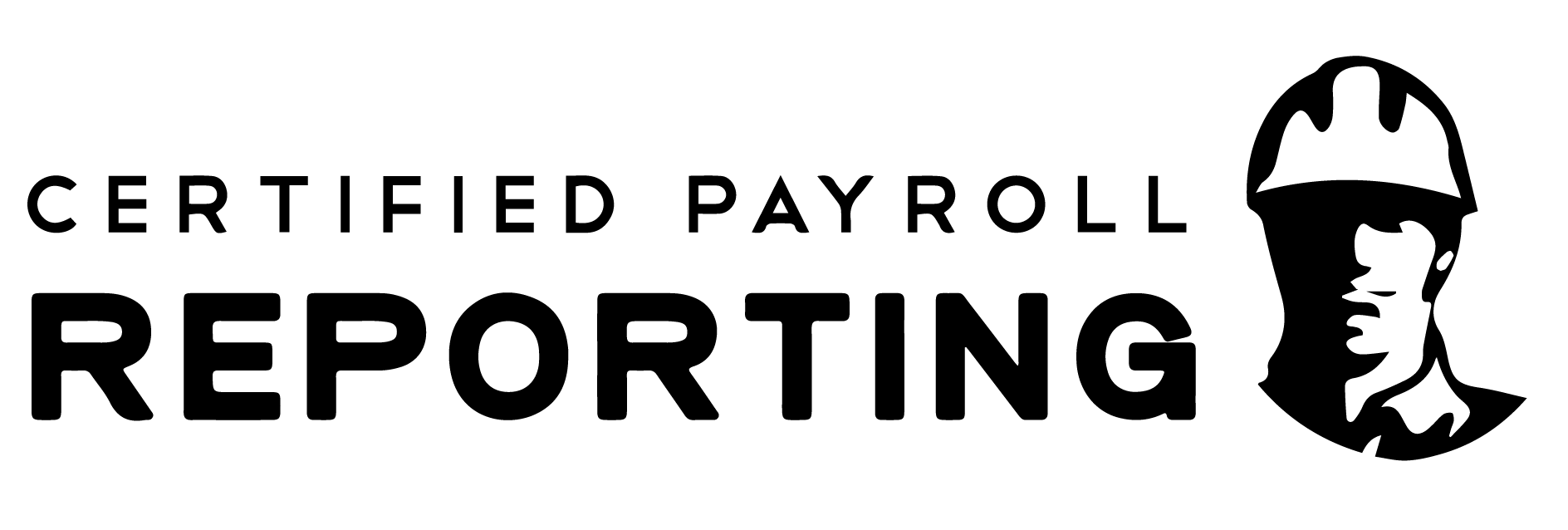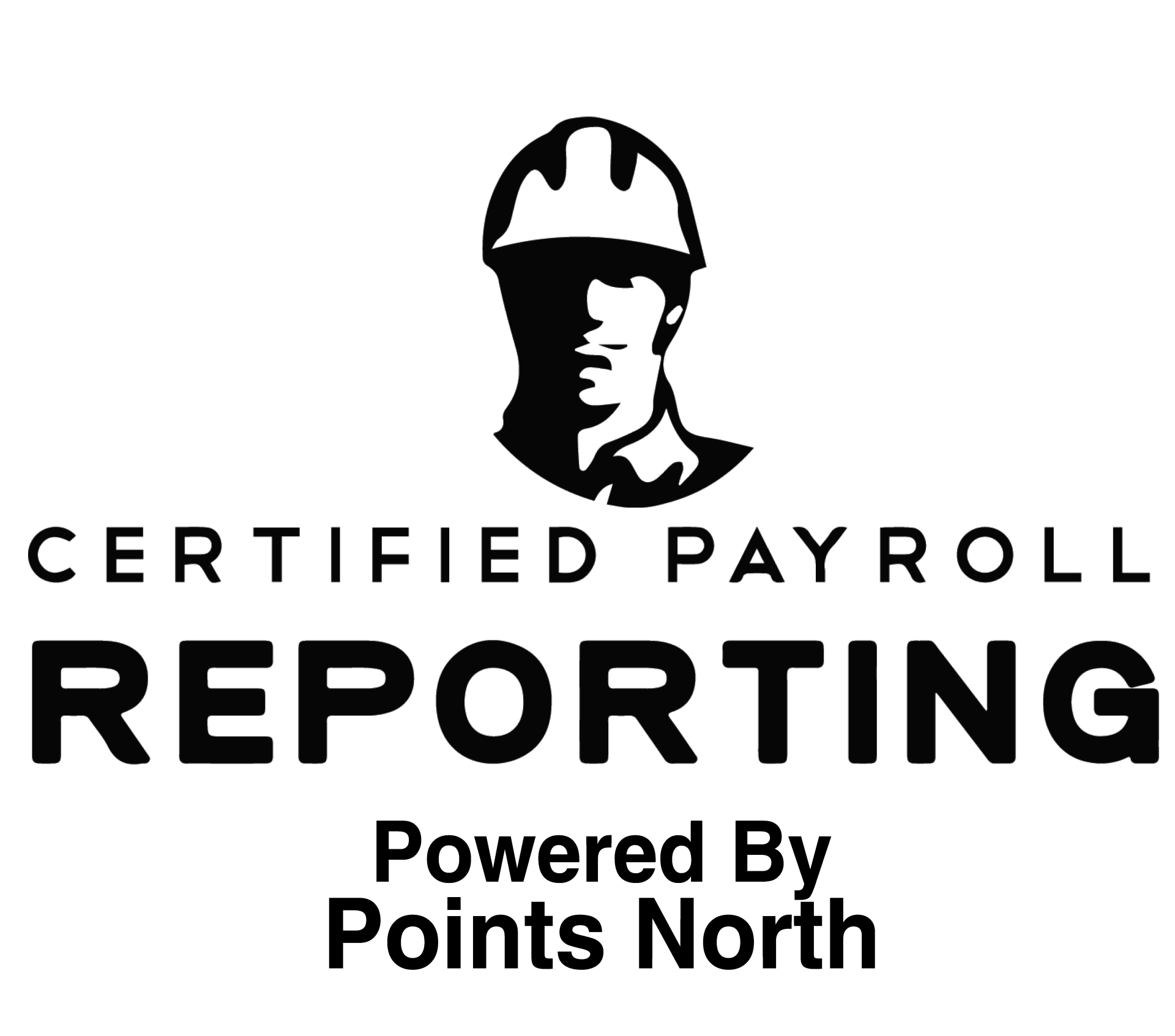NOW AVAILABLE: Certified Payroll Reporting Full Service! Click here for details
Certified Payroll Reports: A Contractor’s Guide to Prevailing Wage Requirements

President Biden's 2022 budget proposal included over $2.3 billion in infrastructure spending, and in recent years all signs have pointed to government agencies at all levels being ready to fund infrastructure projects. As a result, it’s an exciting and potentially lucrative time to be in the industry.
Government construction contracts can be a major benefit to your company, providing reliable funding and job security for your workers. However, government-backed contracts come with some additional reporting requirements. Having a government construction contract means complying with certified payroll reports laws, and if mistakes are made, that can lead to fines, missed opportunities for future contracts, and in rare instances even incarceration.
To set your business up for success with government-funded contracts, you can learn the basics by following our contractor’s guide to prevailing wage requirements.
What Are Certified Payroll Reports?
A certified payroll report is an accounting of everything you paid your employees while working on a contract for a government client. Certified payroll reports give the government oversight over contractors, giving agencies the ability to verify workers are paid fairly.
Do Contracts Need to File Certified Payroll Reports?
Contractors or subcontractors who work on government-funded construction projects worth more than $2,000 must file certified payroll reports. Even if the government isn't funding the entire contract, if $2,000 or more for the project comes from a government agency, certified payroll reporting rules apply.
Certified payroll reports cover projects that build, alter, or repair public buildings. They also apply to public works. Public works include structures for public use, like schools and highways.
The Davis-Bacon Act
The Davis-Bacon and Related Acts (DBRA) are the laws that regulate certified payroll reports. These laws came into effect in 1931, during the Great Depression. The aim of the legislation was to ensure workers on public works projects received fair pay.
The Davis-Bacon Act, which has been amended by Congress over the 90-plus years it’s been in effect, mandates that contractors and subcontractors must pay laborers and mechanics at least the locally prevailing wages. It applies to federal contracts and contracts in the District of Columbia.
Many states have passed legislation similar to the Davis-Bacon Act. These laws may add minimum wage requirements and other policies.
What Is the Prevailing Wage?
The prevailing wage is an hourly pay rate. You'll use it to complete your certified payroll reports. The prevailing wage is the average wage paid to workers with:
- Similar employment
- The same occupation
- In the region of intended employment
Using the correct prevailing wages for each type of worker is very important.
Determining Prevailing Wages
The Davis-Bacon Act gives the U.S. Department of Labor the authority to determine the locally prevailing wages. The prevailing wage can vary from county to county across the country. The two most important factors in determining the prevailing wage are:
- The location where the construction project is happening
- The type of work
The Department of Labor has a wage determination website to help you find the right prevailing wages. You can find the rates for wages and fringe benefits for each type of worker.
Fringe benefits include things like health care and paid vacation. They can also be paid in cash. If you pay fringe benefits in cash, the extra hourly pay is a percentage of the prevailing wage.
Prevailing Wages for Large Projects
Projects worth more than $100,000 have some additional prevailing wage-related requirements. For example, you must pay workers at least 1.5 times the regular rate when they work more than 40 hours in a week. The Contract Work Hours and Safety Standards Act mandates this overtime rate.
What to Include in a Certified Payroll Report
You must include certain information in a certified payroll report to be compliant. The regulations ask for information about every employee who works on the project site. You need to report:
- Name and ID number
- Job classification (plumber, welder, etc.)
- Number of hours worked, including overtime
- Rate of pay based on the prevailing wage, including fringe benefits
- Gross amount earned
- Deductions and withholdings
- Net wages
If you have subcontractors working for you, you need to include them in your certified payroll reporting. However, any subcontractors will first need to complete their own certified payroll report. They will then give the report to you to put into your certified payroll report.
If you work on the project, you need to report certified payroll for yourself, too. Many business owners in the construction industry don't pay themselves starting out. Government contracts require certified payroll reporting for you, however.
Some employees may be exempt from your certified payroll. For example, prevailing wage requirements may not apply to apprentices or trainees. For these workers to be exempt from your certified payroll, they should be enrolled in an apprenticeship program registered with the Department of Labor. A state apprenticeship agency that the Department of Labor recognizes also counts.
Certified payroll doesn't apply to salaried employees in certain positions, either. Executive, administrative, or professional positions are usually exempt. Prevailing wage laws are intended to protect workers on the job site whose primary duties include manual, physical labor.
How to File Certified Payroll Reports
You need to file a certified payroll report weekly. You'll file the federal form, Form WH-347, during the time you're working on the government construction project along with any other state or municipal certified payroll forms that are required of your company.
You should use one form for all the workers on the project. You can complete the form and upload it or fill it out online. You'll submit it to the Labor Commissioner through the Department of Industrial Relations (DIR) website for your state.
The last step is certifying your report. You'll sign a statement confirming that the form is correct and complete. To ensure accuracy, it’s important to select a certified payroll reporting tool that continuously checks and updates these forms. Having a reliable, automated tool works best, because it will make the whole process faster and easier to complete. (More on this later.)
Why Is Certified Payroll Compliance Important?
As a contractor, the benefits of compliance are twofold: Paying your employees at least prevailing wages helps you attract good workers. Plus, complying with the Davis-Bacon Act protects you from penalties and fines.
If an audit finds violations, the government can remove you from the project. Worse, violations can get you barred from future government construction contracts for several years.
In addition to losing future business, you could be held responsible for paying back wages to your employees. The government may be able to withhold your payment for the project, requiring you to pay employees directly out of pocket.
Violators, who may face fines or other penalties, can even face criminal prosecution in rare instances. Avoiding these scenarios is important, which is why you should follow this contractor’s guide to prevailing wage requirements closely.
Getting Help with Your Certified Payroll Reports
Compiling the data and filling out Form WH-347 is complicated. It's also time-consuming. The Department of Labor estimates it will take 55 minutes to collect and record the necessary data for eight employees.
Luckily, a cloud-based
certified payroll reporting software that is intuitive, accurate and powered by Points North is available to help with your reporting process. With Certified Payroll Reporting as your software solution, you will avoid duplicate data entries and your reports will be more accurate. Plus, you will avoid errors such as incorrect calculations, inaccurate employee classifications and omitted fringe benefits.
Ultimately, certified payroll reporting automation helps to avoid having reports rejected because of incomplete information. Another key benefit of payroll reporting software is it can help you more easily meet federal requirements and state regulations. This is especially important for states with multiple reporting requirements.
Certified Payroll Reporting — The Solution For Contractors Everywhere
You have many choices, but Points North’s Certified Payroll Reporting, is a cloud-based solution designed especially for the construction industry, allowing you to easily generate your certified payroll reports. With this software, you will improve accuracy, save time and reduce stress while creating reports within minutes that can be sent to all the right recipients.
Contact us for a demo or more information about our government contract compliance solutions. Start simplifying your certified payroll reporting today.
Build and manage a better workforce with integrated HR solutions from ADP Marketplace partners like Points North.











